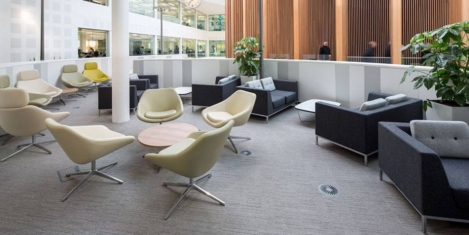January 2, 2017
Britain must future proof itself ahead of a decade of disruption, claims report 0
 Brexit negotiations will ‘fire the starting gun’ on a decade of change for the UK, claims a new report from think tank the Institute for Public Policy Research (IPPR). The study, Future Proof: Britain in the 2020s, sets out the key challenges it claims will shape the UK in the period up to 2030 and the ‘choices that must be made now if these changes are to lead to a fairer and more equal society’. Among the issues covered in the report are the challenges directly related to Brexit, alongside factors such as an ageing population, other demographic changes, the risk to jobs posed by automation, the shift of the globalised economy towards Asia and the enduring problems associated with wage inequalities and the environment.
Brexit negotiations will ‘fire the starting gun’ on a decade of change for the UK, claims a new report from think tank the Institute for Public Policy Research (IPPR). The study, Future Proof: Britain in the 2020s, sets out the key challenges it claims will shape the UK in the period up to 2030 and the ‘choices that must be made now if these changes are to lead to a fairer and more equal society’. Among the issues covered in the report are the challenges directly related to Brexit, alongside factors such as an ageing population, other demographic changes, the risk to jobs posed by automation, the shift of the globalised economy towards Asia and the enduring problems associated with wage inequalities and the environment.





























